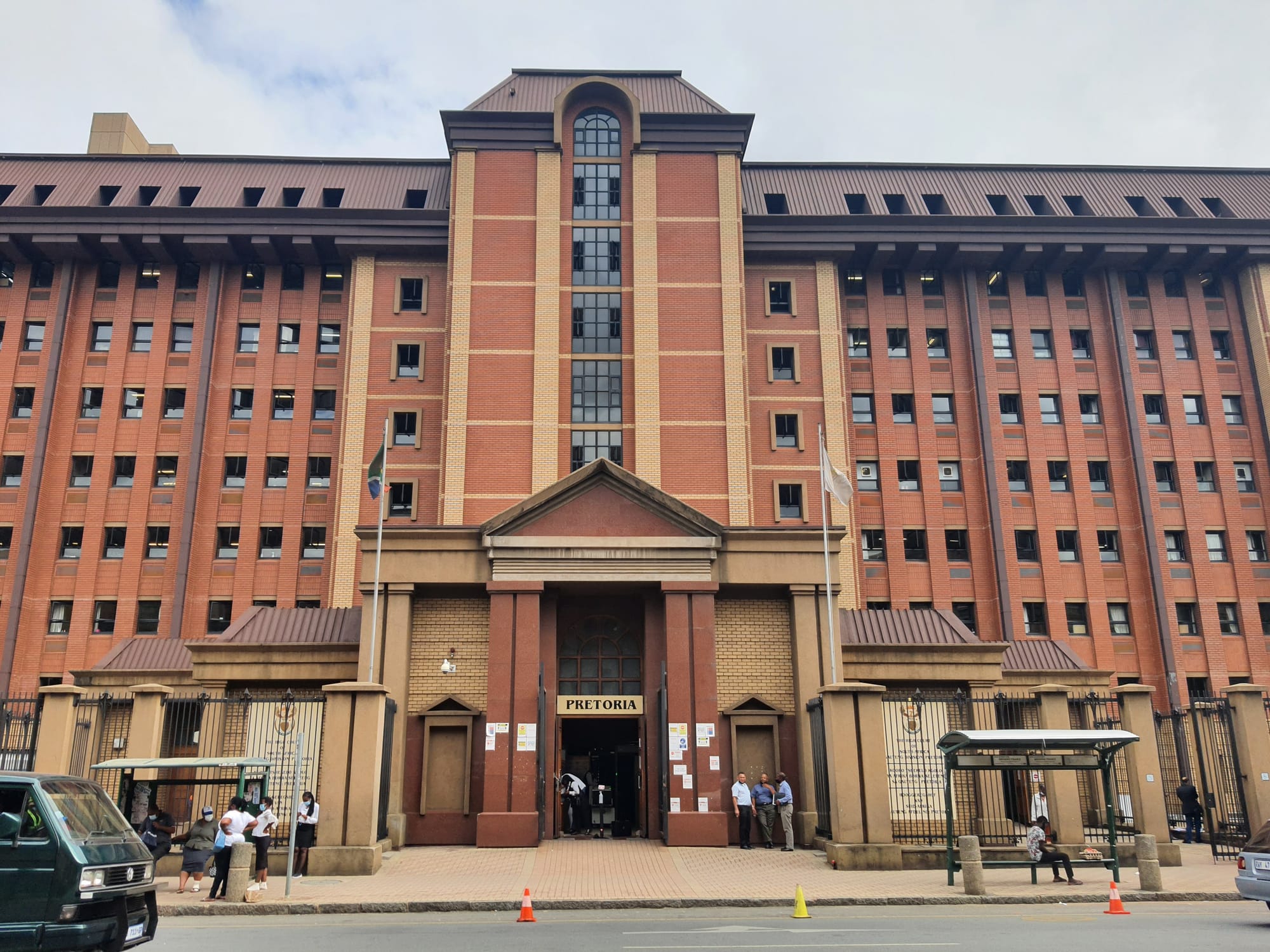REQUIREMENTS FOR POSTNUPTIAL CONTRACT HIGH COURT APPLICATION

REQUIREMENTS FOR THE COURT APPLICATION
The following procedural requirements must be met prior to the application being heard at court:
(i) Notice to the Deeds Registrar Section 97 of the DRA requires that “before any application is made to the court for authority or an order involving the performance of any act in a deeds registry, the applicant shall give the registrar concerned at least seven days’ notice before the hearing of such application and such registrar may submit to the court such report thereon as he may deem desirable to make.” As such, the parties must serve a copy of the application on the Registrar of the relevant Deeds Office, giving sufficient notice of the application. The Registrar will, after considering the application, furnish the parties with a report noting suggested amendments and/or objections to the application, if any. In practice, obtaining the Registrar’s report may take anywhere between 1 (One) and 2 (Two) weeks, and could also take longer. Therefore, it is imperative that notification of the court date be given well in advance to avoid the risk of having to postpone the matter.
(ii) Notice to creditors The spouses existing assets and liabilities should be dealt with in the application and the proposed change must be motivated. The application should not prejudice the spouses’ creditors, therefore, sufficient notice to creditors is also a pre-requisite. To satisfy this requirement, parties must publish a notice in 2 (Two) local newspapers, in the area in which they reside as well as in the Government Gazette. In addition to these publications, parties should ensure that the notice is duly delivered by to all creditors. Once the notices have been published and delivered, proof thereof will be used in support of the application.
WHAT HAPPENS ON THE COURT DAY?
Evidence will be lead on the parties’ respective affidavits in support of the application. Legislative compliance will have to be demonstrated and it is therefore important that all procedural requirements are met. Furthermore, the court has to be satisfied that the application reflects the parties’ true intentions, no prejudice will be caused and that there are no objections by creditors and/or the Registrar of Deeds. Thereafter, the court will make an order granting the parties leave to execute and register the draft PNC that accompanied the application.
EXECUTION AND REGISTRATION OF THE POSTNUPTIAL CONTRACT
The execution of the postnuptial contract will have to be done in the presence of a notary public (“notary”). Thereafter, the notary public must lodge the postnuptial contract and the High Court order at the Deed’s Registry for registration within the period permitted in the court order.
Spouses may thus find themselves in a predicament where they have duly executed an ANC and it later becomes known that their ANC was never registered, often due to failure by the notary public to lodge the ANC or to timeously to so. It is therefore important that prospective spouses utilise the services of a reliable and reputable notary to avoid having to approach the court for relief.